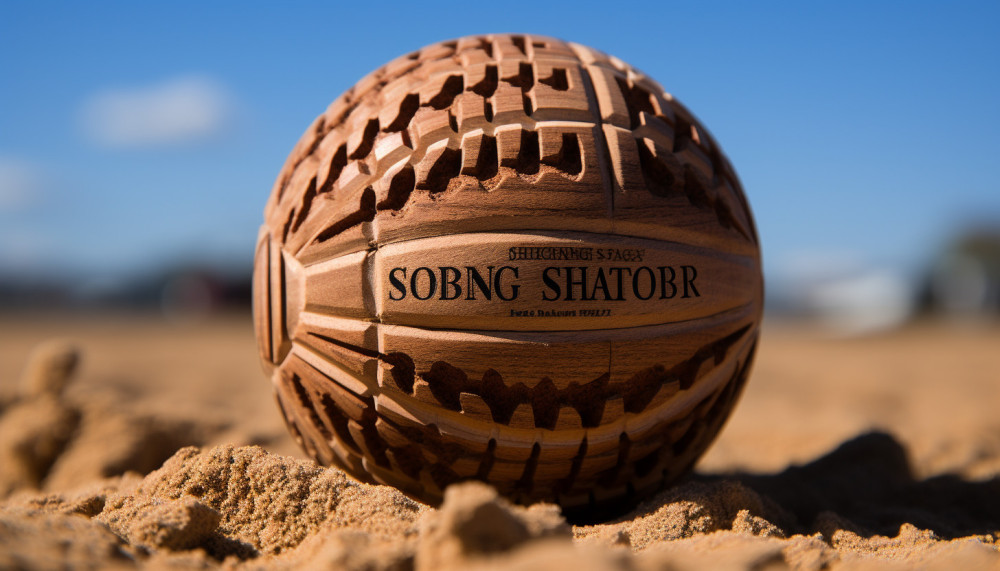Table of contents
Underwater hockey is an exciting, unconventional sport that not only tests physical agility and team coordination but also holds a wealth of hidden health benefits. While many are aware of the general advantages associated with active lifestyles and regular exercise regimens, few know about the unique perks offered by this immersive underwater adventure. The following paragraphs will delve into the lesser-known health benefits of underwater hockey – from cardiovascular improvements to mental resilience – providing you with compelling reasons to consider taking up this distinctive aquatic pursuit.
Cardiovascular Fitness Enhancement
Underwater hockey isn't just an exciting and unique sport; it also offers significant health benefits, particularly in the area of cardiovascular fitness. A high-intensity workout like underwater hockey training engages major muscle groups, prompting a rise in heart rate and promoting improved blood circulation. The game's very nature, which combines elements of resistance and endurance training, helps players significantly boost their cardiovascular health.
Medical professionals, particularly those specializing in sports medicine or cardiology, can discuss the benefits using advanced medical terminology. For instance, they might mention how underwater hockey can increase myocardial oxygen consumption. This term refers to the amount of oxygen the heart muscle uses, and its increase is a sign the heart is getting a good workout. Another potential benefit is enhanced venous return, the flow of blood back to the heart. An efficient venous return is vital for maintaining heart health, as it ensures the heart receives a steady supply of oxygenated blood to pump throughout the body. Together, these factors underline the importance of underwater hockey as a method of enhancing cardiovascular fitness.
Mental Strength Building
Engaging in underwater hockey does more than test physical prowess; it also provides an avenue for building mental strength. The game's environment necessitates an intense level of focus and concentration from players. With the added challenges of limited visibility and the need for breath control, players must exercise a heightened level of cognitive control, a skill highly beneficial in other areas of life as well.
The sport's inherent underwater challenges offer a unique platform for players to manage stress and enhance their resilience. By continually adjusting to the unpredictable dynamics of the underwater environment, athletes foster strong mental adaptability. This key benefit is often overlooked but is a crucial element of stress management and emotional endurance.
Moreover, a consultation with a sports psychologist can unveil the intricate psychological benefits of underwater hockey even further. The game can help players overcome cognitive biases by forcing them to make quick decisions under pressure. It also promotes attentional control, a psychological concept that refers to an individual's capacity to choose what they pay attention to and what they ignore. This skill, honed through the practice of underwater hockey, is crucial in maintaining focus amidst distractions, thus enhancing overall mental toughness.
Lung Capacity Improvement
One significant health benefit that often goes unnoticed in the game of underwater hockey is the enhancement of lung capacity. This improvement stems from the necessity for players to frequently dive beneath the surface, holding their breath until they resurface. Such a practice results in the expansion of lung capacity, and with time, leads to improved respiratory efficiency. This heightened respiratory efficiency is not only beneficial for athletic pursuits but also supports day-to-day activities, enhancing overall breathing mechanism. With regards to the specifics of lung capacity, terms like tidal volume and vital capacity come to play, and pulmonologists or experienced divers might provide better insights. These experts could elaborate on how underwater hockey impacts these aspects, leading to enhanced athletic efficiency.
Promotion Of Teamwork And Social Skills
Underwater hockey is not merely a sport, but an enriching avenue for fostering teamwork and cultivating social skills. The very nature of the game demands a strictly collaborative effort, pushing players to synergize their actions and think as a unified entity. Such a practice propels the development of essential teamwork abilities that have a far-reaching impact, extending beyond the pool and into daily life situations. The shared experiences borne out of the game's intense and exhilarating moments serve as a powerful medium for amplifying social interactions among peers. These interactions contribute significantly to an individual's overall well-being.
A sociologist specializing in sports sociology might delve deeper into this aspect, incorporating terminologies such as group dynamics and interpersonal relations. They could shed light on how underwater hockey, as a microcosm of society, mirrors various social interactions and behaviors. In essence, the sport transcends the boundaries of mere physical exercise, promoting mental well-being and social cohesion alongside.
Similar articles

The Hidden Health Benefits of Underwater Hockey

Discovering the Future of Eco-Friendly Sports Equipment
